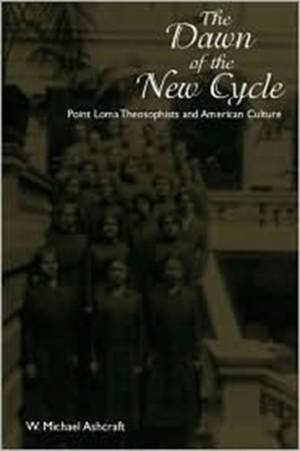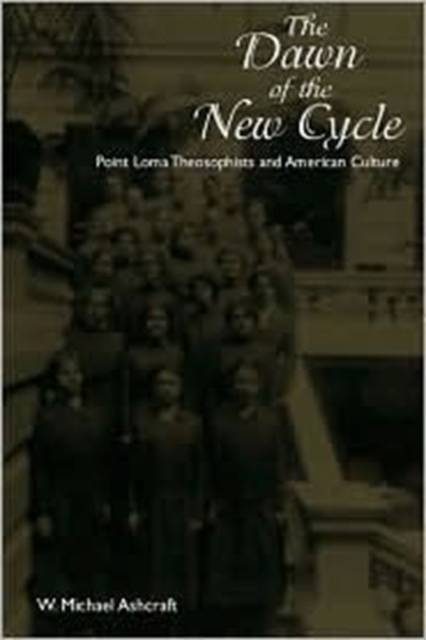
- Afhalen na 1 uur in een winkel met voorraad
- Gratis thuislevering in België vanaf € 30
- Ruim aanbod met 7 miljoen producten
- Afhalen na 1 uur in een winkel met voorraad
- Gratis thuislevering in België vanaf € 30
- Ruim aanbod met 7 miljoen producten
Zoeken
The Dawn of the New Cycle
Point Loma Theosophists and American Culture
W Michael Ashcraft
Hardcover | Engels
€ 57,95
+ 115 punten
Omschrijving
At the end of the nineteenth century, a group of Americans who embraced the Theosophical religious movement founded a new community at Point Loma, an isolated promontory on the Pacific Ocean. Anticipating the "dawn of a new cycle" based upon their interpretation of past ages, these idealists shared a dedication to truth and morality and sought to translate their spiritual beliefs into a new way of living. This book seeks to reconstruct life at the utopian community at Point Loma from 1898 to 1929, the years it was under the direction of its founder, Katherine Tingley. In considering a group that identified with Victorian American culture and its anxieties while adhering to an occult worldview that most of their contemporaries found strange, if not dangerous, the book explains why these middle-class Americans found Theosophy so persuasive and why they left family and friends behind to take up residence at this California settlement. Point Loma was in many ways a microcosm in which certain issues and ideas of the Progressive era were played out; yet W. Michael Ashcraft demonstrates that the members of this community were Victorian rather than Progressive in their outlook and practices. By analyzing aspects of community life--childrearing and education, gender roles, ideas about American patriotism and nationalism--Ashcraft shows that on such issues the Point Loma residents leaned more toward nineteenth-century attitudes than toward the ideas that were already beginning to shape modern middle-class thinking. Based not only on Theosophical Society archives but also on interviews with surviving members of the community and their relatives, The Dawn of the New Cycle applies recent scholarship in the social sciences to offer a fresh perspective on the Point Loma experiment and to enhance our understanding of New Religious Movements and communalism. The Author: W. Michael Ashcraft is associate professor of religion at Truman State University in Kirksville, Missouri.
Specificaties
Betrokkenen
- Auteur(s):
- Uitgeverij:
Inhoud
- Aantal bladzijden:
- 312
- Taal:
- Engels
Eigenschappen
- Productcode (EAN):
- 9781572332003
- Verschijningsdatum:
- 16/12/2002
- Uitvoering:
- Hardcover
- Formaat:
- Genaaid
- Afmetingen:
- 152 mm x 229 mm
- Gewicht:
- 512 g

Alleen bij Standaard Boekhandel
+ 115 punten op je klantenkaart van Standaard Boekhandel
Beoordelingen
We publiceren alleen reviews die voldoen aan de voorwaarden voor reviews. Bekijk onze voorwaarden voor reviews.











